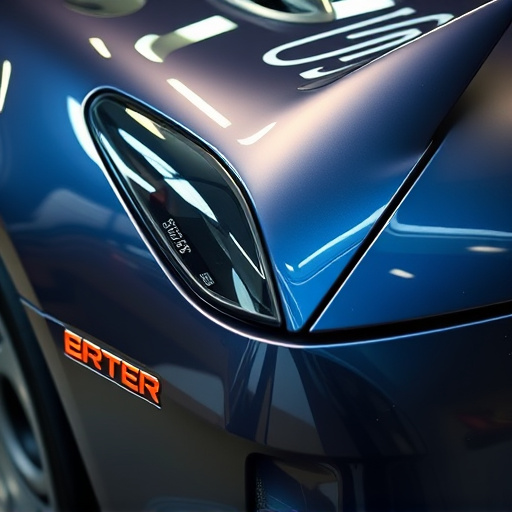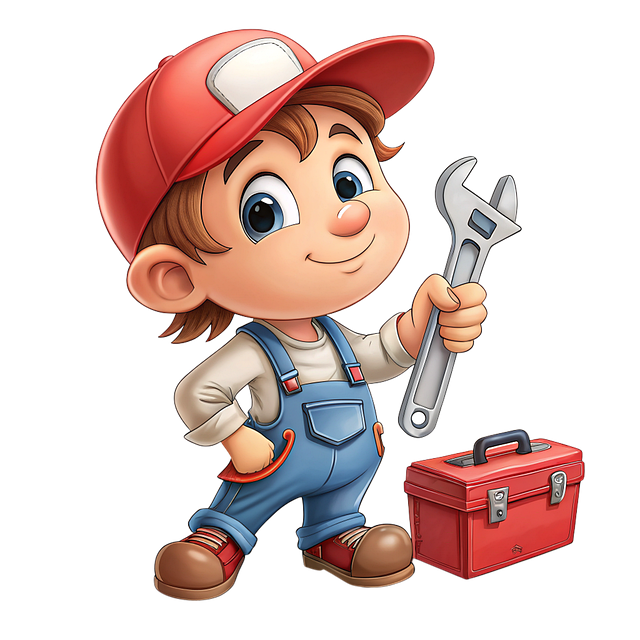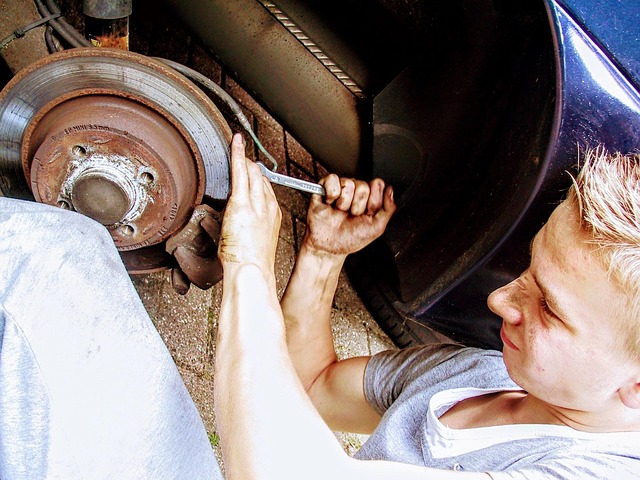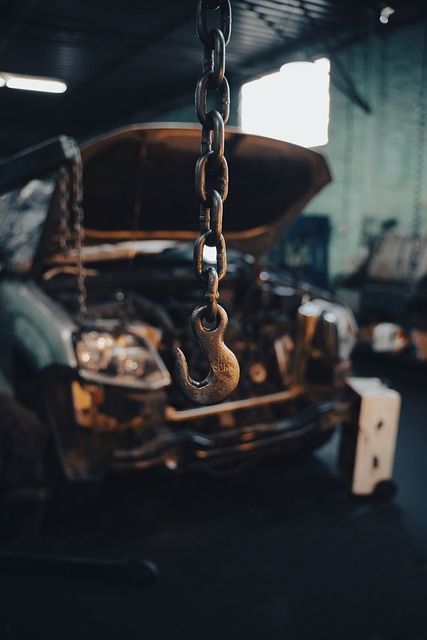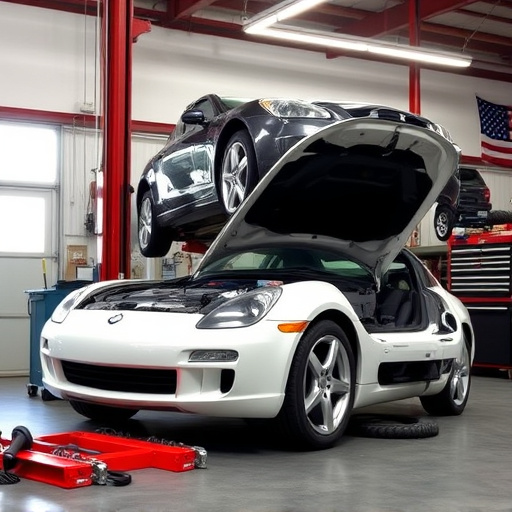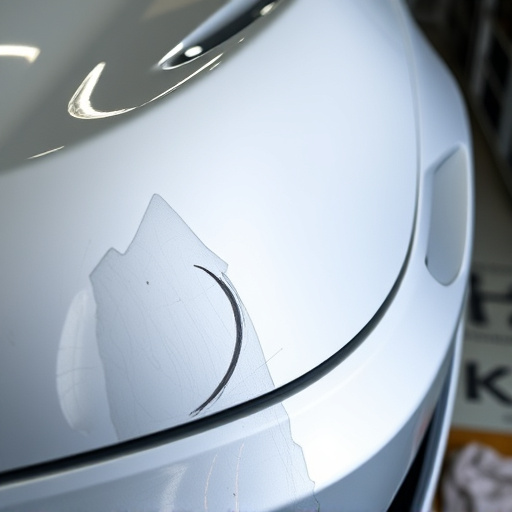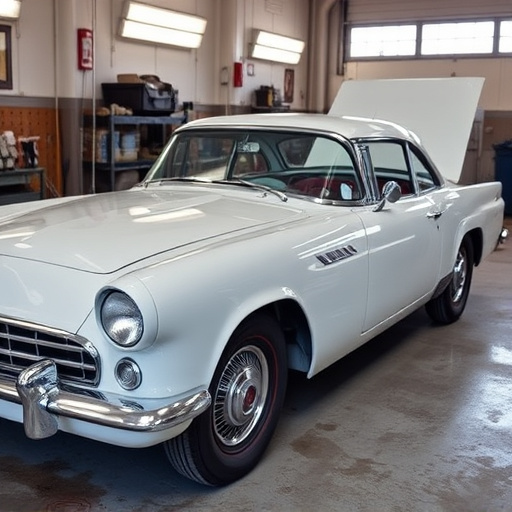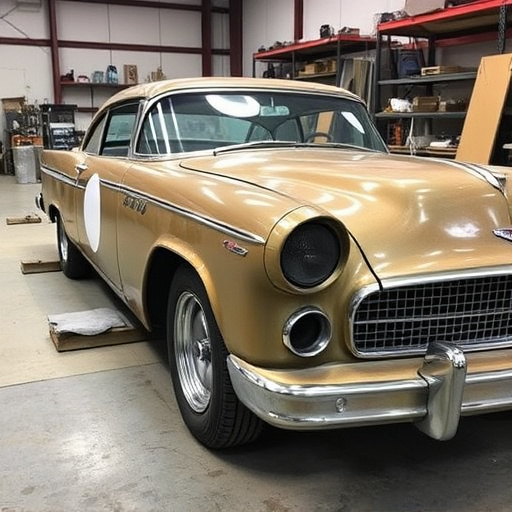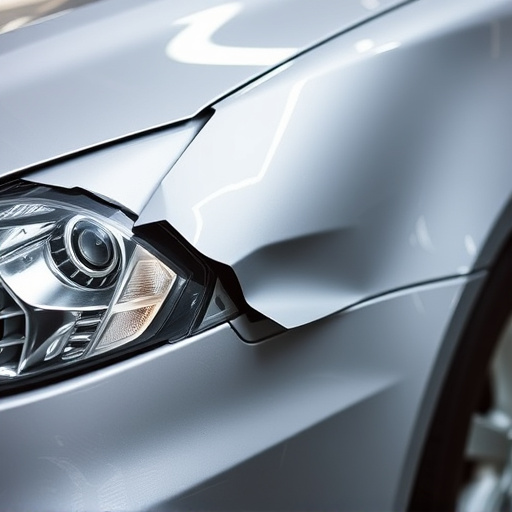Modern vehicles' complex systems, including sensors, computers, and software, require specialized calibration tools for optimal performance and reliability. Collision repair professionals play a crucial role in maintaining these intricate networks after accidents. Advanced calibration tools are essential to restore accuracy and functionality across various vehicle systems, from safety features like ABS and ESC to complex electronic modules supporting ADAS. As vehicles become increasingly connected, accurate calibration tools enhance road safety, improve performance, and prolong component lifespan, making them indispensable in the evolving landscape of collision technology. Collision tech professionals use these tools to achieve precise adjustments to components like suspension systems and advanced driver-assistance systems (ADAS), ensuring both quality repairs and enhanced safety.
Modern vehicles are complex systems with intricate electronic controls, sensors, and networks. As automotive technology advances, so do the requirements for maintenance and repair. This is where advanced calibration tools play a pivotal role in ensuring safety and precision. In this article, we explore how these tools have become indispensable in collision tech, optimizing repair processes and addressing the growing complexities of modern vehicle systems.
- Understanding Modern Vehicle Systems and Their Complexities
- The Role of Calibration Tools in Ensuring Precision and Safety
- Collision Tech: Optimizing Repair Processes with Advanced Calibration
Understanding Modern Vehicle Systems and Their Complexities
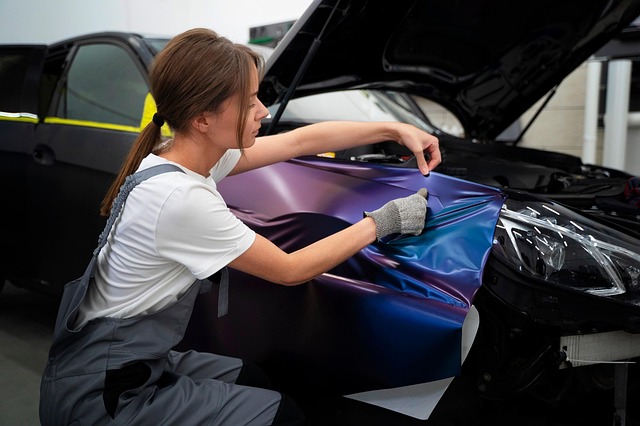
Modern vehicles are complex systems with intricate networks of sensors, computers, and software that control various functions from engine performance to safety features. These advanced systems require precise calibration to ensure optimal performance and reliability. As automotive technology continues to evolve, so does the need for specialized calibration tools designed specifically for collision tech.
Automotive collision repair professionals play a crucial role in maintaining these intricate systems. When a vehicle undergoes an accident and is subsequently repaired at an automotive body shop, the original calibration can be compromised. Therefore, using advanced calibration tools becomes essential to restore the system’s accuracy and functionality, ensuring that the car operates as intended both during and after the repair process.
The Role of Calibration Tools in Ensuring Precision and Safety

In today’s advanced automotive landscape, precision is key when it comes to maintaining and repairing modern vehicles. Calibration tools play an indispensable role in ensuring the highest level of safety and performance across all systems within a car. These sophisticated devices are designed to accurately measure and adjust various parameters in a vehicle, from sensor calibrations that control steering and braking to complex electronic modules that facilitate advanced driver-assistance systems (ADAS). Accurate calibration is crucial for restoring optimal functionality and response times, especially in critical safety features like anti-lock braking systems (ABS), electronic stability control (ESC), and adaptive cruise control (ACC).
Moreover, as vehicles become increasingly connected and integrated with advanced technology, the need for precise calibration tools becomes even more paramount. Modern cars feature intricate car bodywork and complex auto body restoration processes that require meticulous attention to detail. Calibration tools enable technicians to fine-tune these systems, ensuring they function seamlessly together. By maintaining precision throughout every repair or modification process, these tools contribute significantly to enhancing road safety, improving vehicle performance, and extending the lifespan of a vehicle’s critical components—all essential aspects in the ever-evolving world of collision technology.
Collision Tech: Optimizing Repair Processes with Advanced Calibration
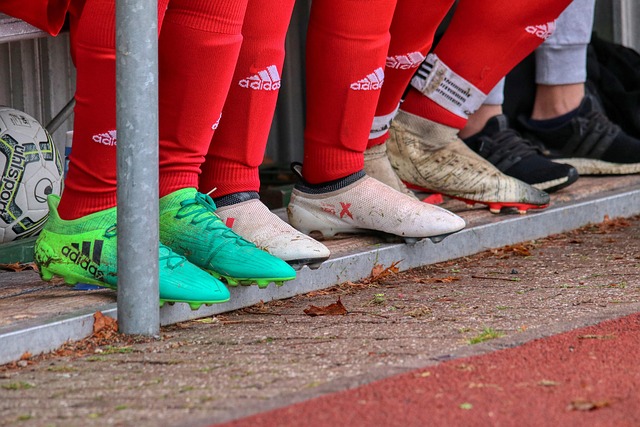
In today’s advanced automotive landscape, Collision Tech plays a pivotal role in ensuring the safety and quality of vehicle repairs. Modern vehicles are increasingly complex, featuring sophisticated electronic systems and lightweight materials, which demand precise handling during the repair process. Herein lies the significance of calibration tools collision tech professionals utilize to optimize their work.
These specialized tools enable accurate adjustment and fine-tuning of various components, from suspension systems to advanced driver-assistance systems (ADAS). By employing calibration techniques, auto collision centers can achieve meticulous alignments, ensuring that every part functions as intended after car restoration. The result is not just a visually appealing car repair service but also a safer driving experience, which is paramount in the ever-evolving automotive industry.
Modern vehicles, with their intricate electronic systems, demand precise calibration for optimal performance and safety. As discussed, advanced calibration tools collision tech plays a pivotal role in ensuring that every component functions harmoniously post-collision repair. By leveraging these innovative tools, collision technicians can accurately calibrate sensors, actuators, and control modules, achieving not just structural integrity but also enhanced vehicle dynamics and driver safety. This investment in calibration technology is a game-changer in the automotive industry, fostering efficiency, precision, and customer satisfaction.
